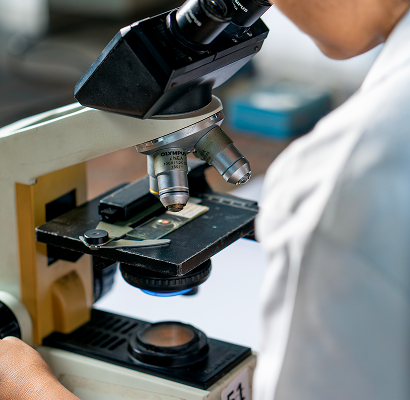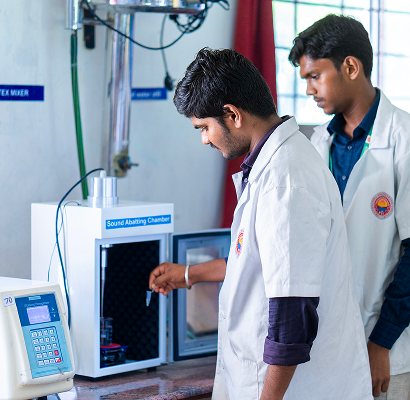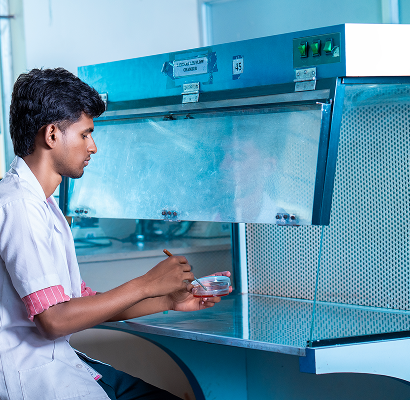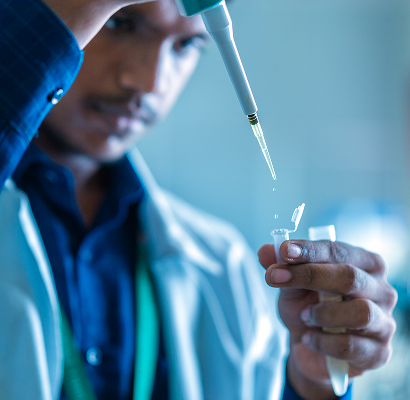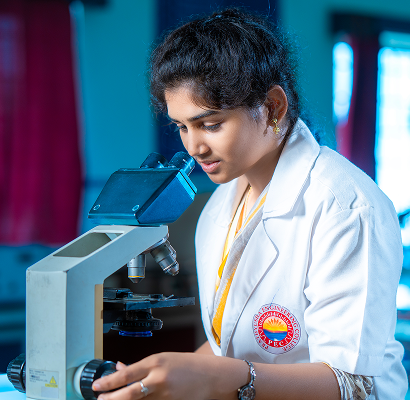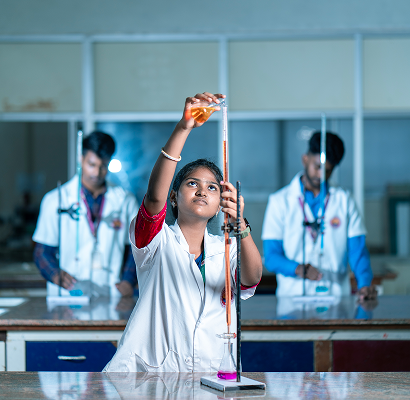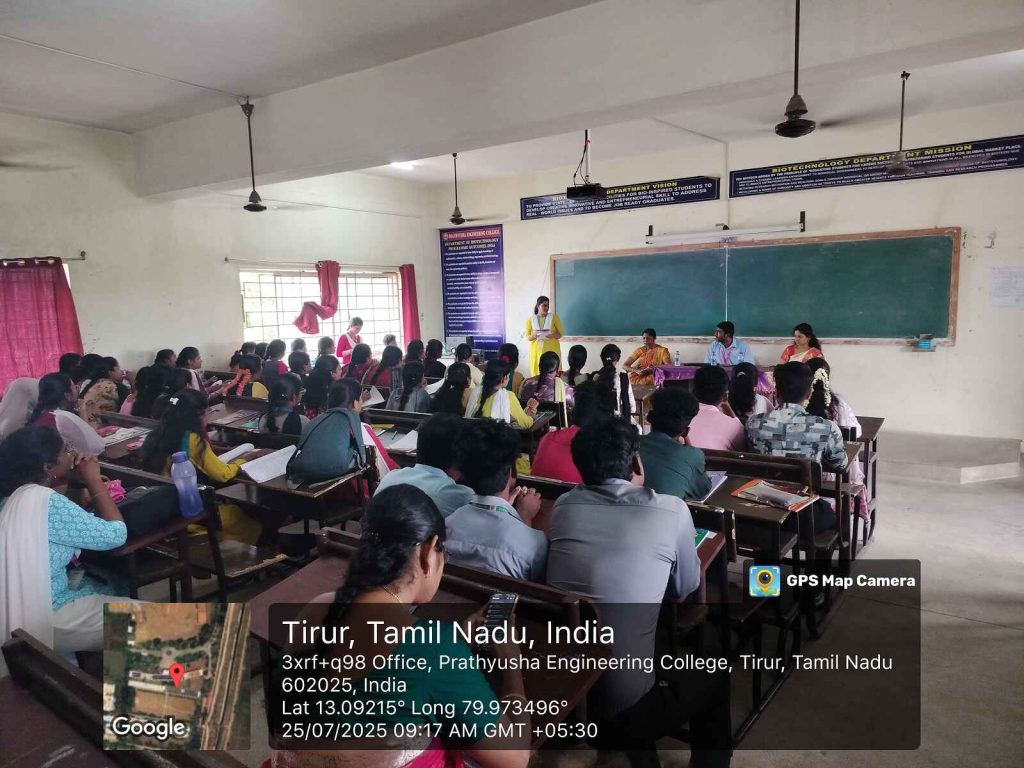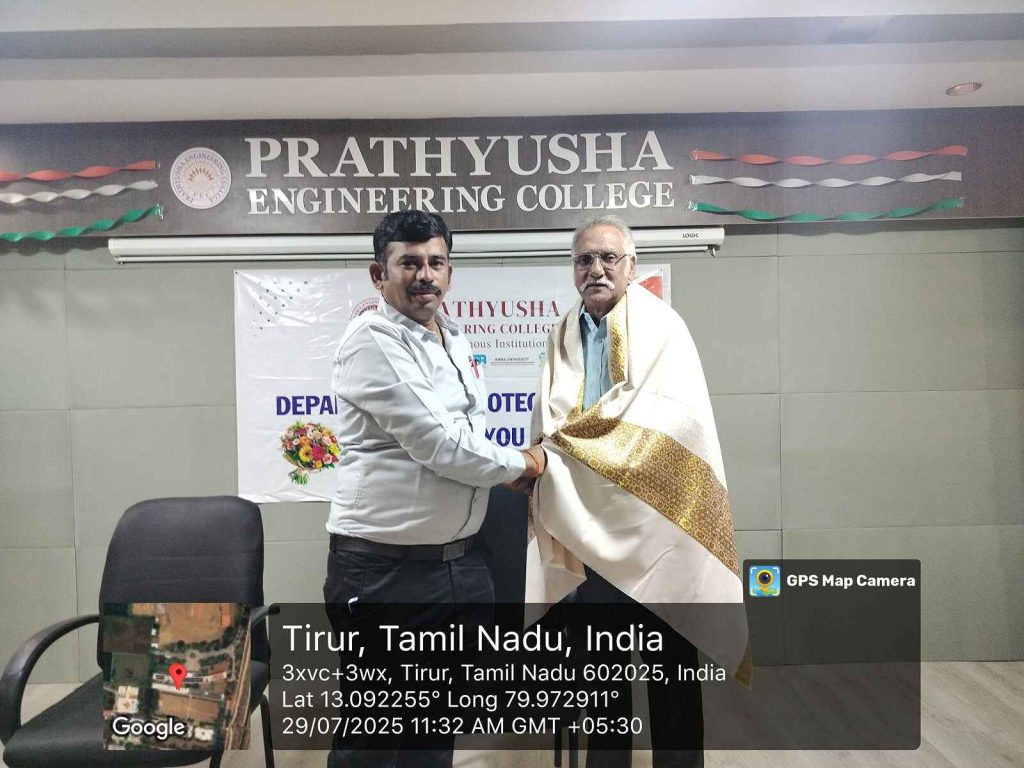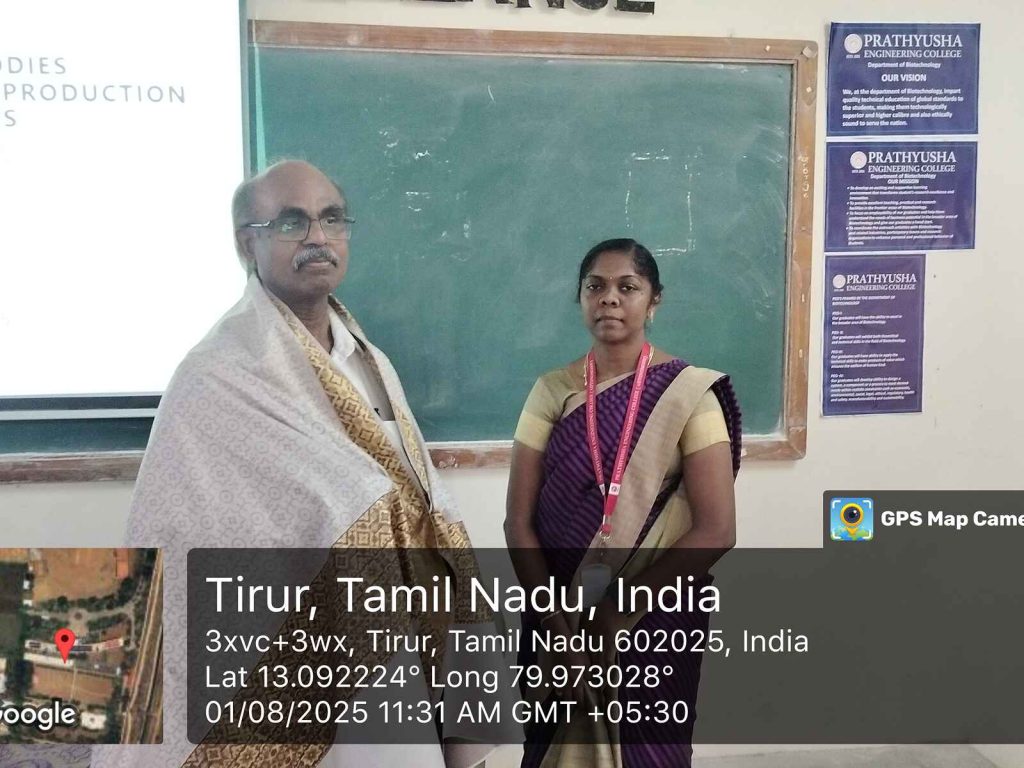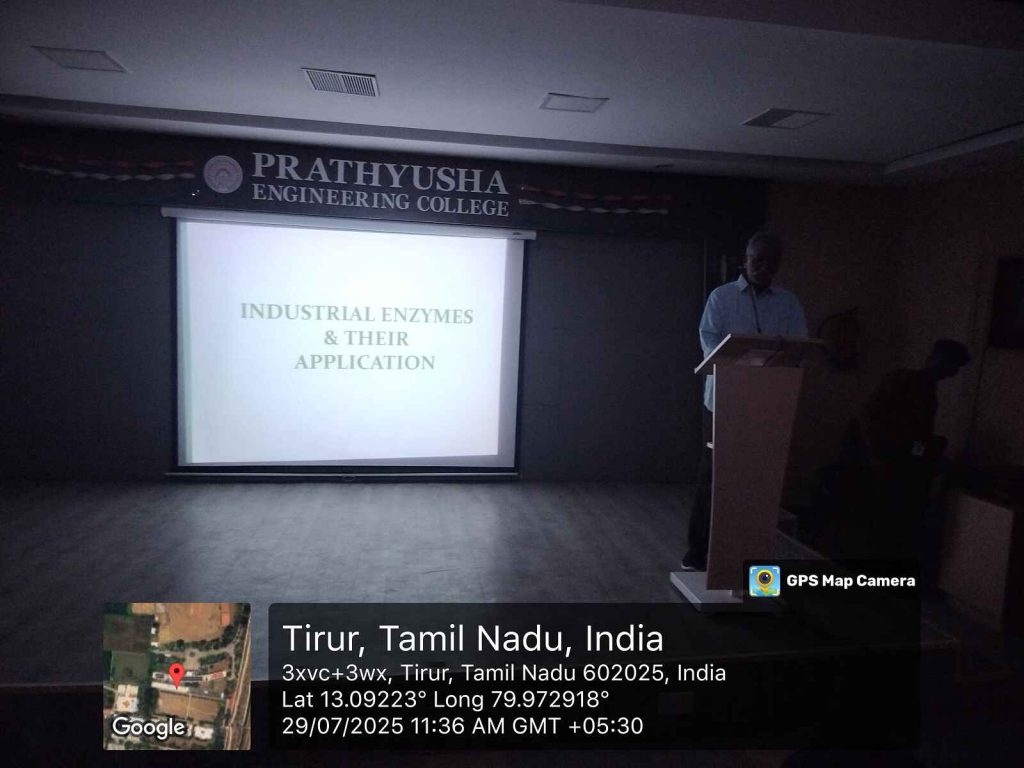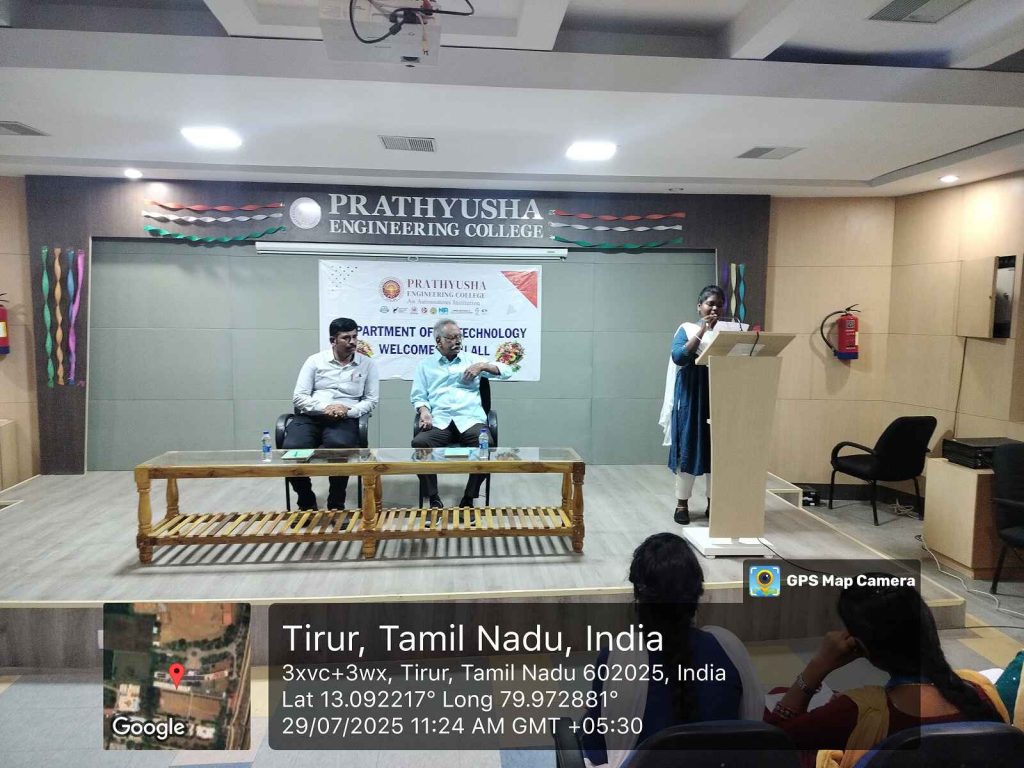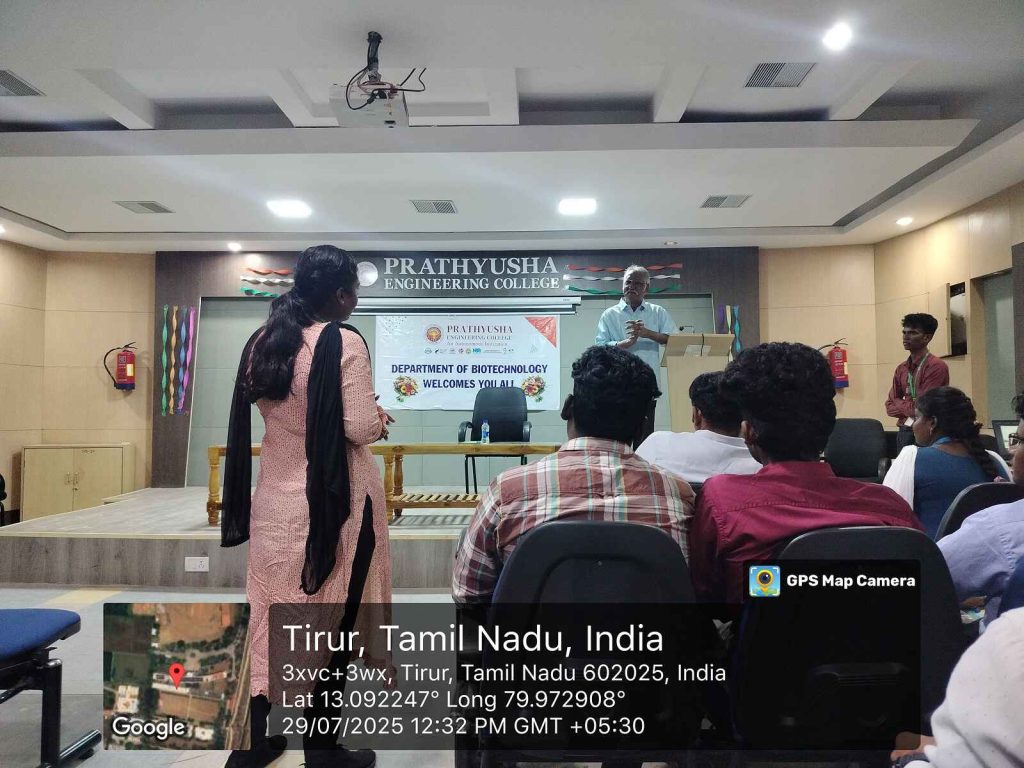- Result : 2023-24 Percentage : 87%
- Result : 2022-23 Percentage : 91%
- Result : 2021-22 Percentage : 100%
- Result : 2020-21 Percentage : 100%
- Result : 2019-20 Percentage : 100%
- Result : 2018-19 Percentage : 100%
- Result : 2017-18 Percentage : 100%
- Result : 2016-17 Percentage : 100%
- Result : 2015-16 Percentage : 95.12%
- Result : 2014-15 Percentage : 89.19%
- Result : 2013-14 Percentage : 100%
- Result : 2023-24 Percentage : 87%
- Result : 2022-23 Percentage : 91%
- Result : 2021-22 Percentage : 100%
- Result : 2020-21 Percentage : 100%
- Result : 2019-20 Percentage : 100%
- Result : 2018-19 Percentage : 100%
- Result : 2017-18 Percentage : 100%
- Result : 2016-17 Percentage : 100%
- Result : 2015-16 Percentage : 95.12%
- Result : 2014-15 Percentage : 89.19%
- Result : 2013-14 Percentage : 100%
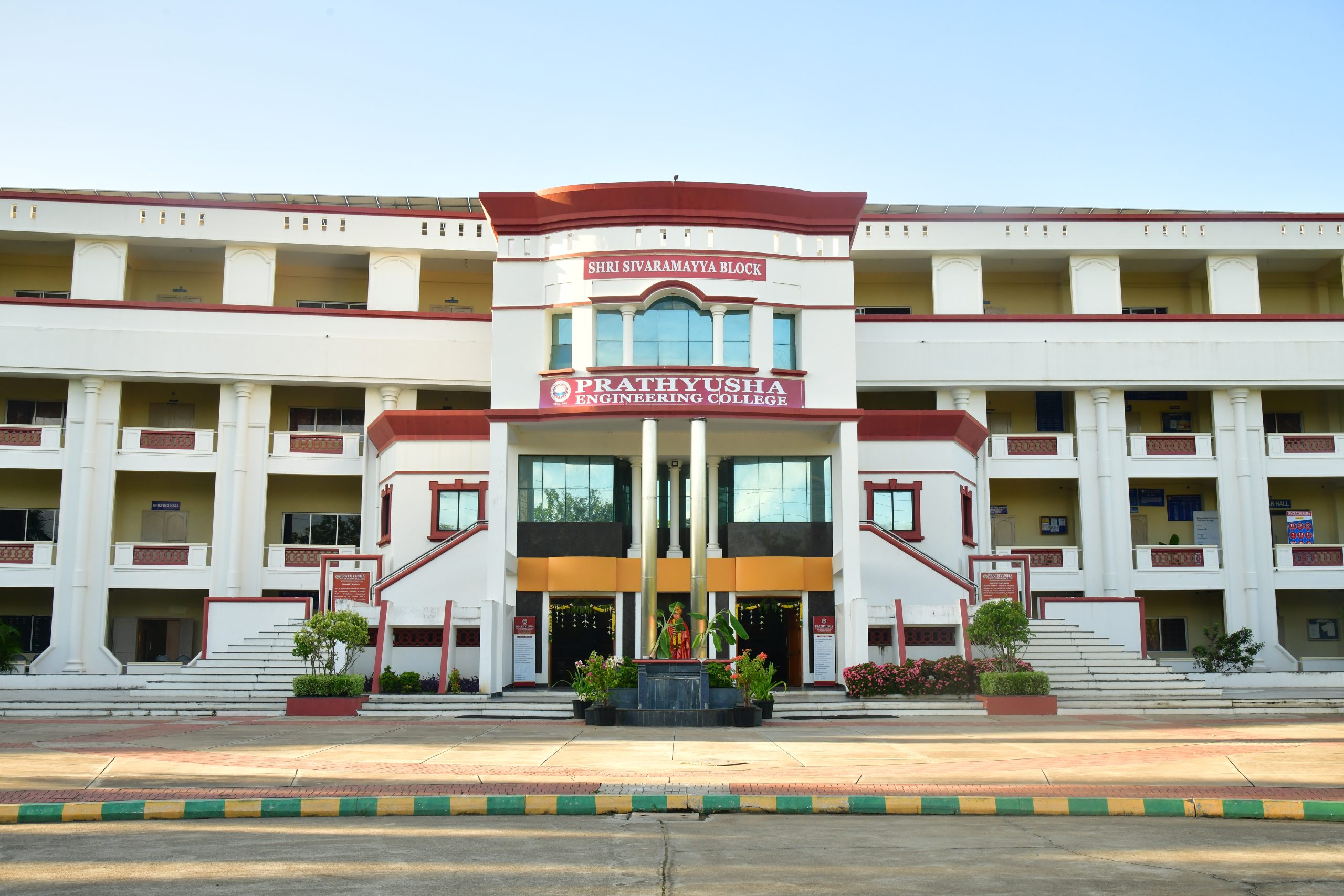
About The Department
Established in 2001, the Department of Biotechnology at Prathyusha Engineering College began enrolling B.Tech., students in 2002 and M. Tech., students in 2019. It launched Research Programs (M.S. by Research and Ph.D.) in 2024. The department was approved by AICTE (732-52-394, EYET/2001 dated: 30.08.2001) and permanently affiliated to Anna University (Lr.No:467/CAI/Permanent Affln./2014-15 dt.18.11.14) and accredited with National Board of Accreditation (NBA), New Delhi till 2026. In response to the evolving landscape of innovative technology and advances in science and medicine, the biotechnology program is designed to prepare students for successful careers in the field. To achieve this, the curriculum encompasses a range of subjects in science and engineering. The department emphasizes interdisciplinary, lab-based learning, strong industry-institute collaboration, internships, and research activities, all aligned with its Undergraduate and Postgraduate programs.
The department features state-of-the-art laboratories and modern facilities, including an Animal House approved by Committee for Control and Supervision of Experiments on Animals (CCSEA), Ministry of Environment and Forests, Government of India, which supports both academic and research initiatives. Faculty members, experts from various Biotechnology specializations, are committed to academic excellence and innovation. They demonstrate unwavering dedication by engaging in continuous professional development through faculty training programs and national symposiums. Research findings from the department are regularly published in peer-reviewed SCI journals, amassing over 1,500 citations. Additionally, the department has secured substantial funding from esteemed government agencies such as AICTE, DBT, and TNSCST, further enhancing its research capabilities and contributions to the field of Biotechnology.
Vision & Mission
Vision
- To provide state-of-the art facilities for bio-inspired students to develop creative, innovative and entrepreneurial skill to address real-world issues and to become job ready graduates.
Mission
PEC Biotech abides by the principle of “educating students for career success” and preparing students for global market place.
- Providing a dynamic learning environment to individual bioengineers to develop their talents and innovations in all branches in biotech hub and to induce entrepreneurial vision.
- Initiating research motivation and reaching goals through individual or group minor and major projects in thrust areas of biotechnology.
- Inculcating a sense of curiosity and ambition as tenets to reach greater heights through teaching, training and research programmes.
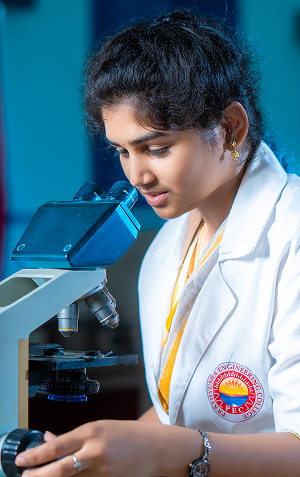
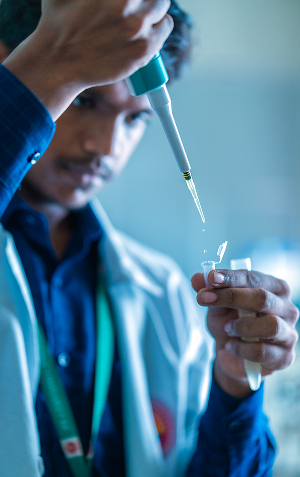
PO,PEO,POS
Programme Outcomes (POs)
- Engineering Knowledge: Apply knowledge of mathematics, natural science, computing, engineering fundamentals and an engineering specialization as specified in WK1 to WK4 respectively to develop to the solution of complex engineering problems.
- Problem Analysis: Identify, formulate, review research literature and analyze complex engineering problems reaching substantiated conclusions with consideration for sustainable development. (WK1 to WK4)
- Design/Development of Solutions: Design creative solutions for complex engineering problems and design/develop systems/components/processes to meet identified needs with consideration for the public health and safety, whole-life cost, net zero carbon, culture, society and environment as required. (WK5)
- Conduct Investigations of Complex Problems: Conduct investigations of complex engineering problems using research-based knowledge including design of experiments, modelling, analysis & interpretation of data to provide valid conclusions. (WK8).
- Engineering Tool Usage: Create, select and apply appropriate techniques, resources and modern engineering & IT tools, including prediction and modelling recognizing their limitations to solve complex engineering problems. (WK2 and WK6)
- The Engineer and The World: Analyze and evaluate societal and environmental aspects while solving complex engineering problems for its impact on sustainability with reference to economy, health, safety, legal framework, culture and environment. (WK1, WK5, and WK7).
- Ethics: Apply ethical principles and commit to professional ethics, human values, diversity and inclusion; adhere to national & international laws. (WK9)
- Individual and Collaborative Team work: Function effectively as an individual, and as a member or leader in diverse/multi-disciplinary teams.
- Communication: Communicate effectively and inclusively within the engineering community and society at large, such as being able to comprehend and write effective reports and design documentation, make effective presentations considering cultural, language, and learning differences
- Project Management and Finance: Apply knowledge and understanding of engineering management principles and economic decision-making and apply these to one’s own work, as a member and leader in a team, and to manage projects and in multidisciplinary environments.
Life-Long Learning: Recognize the need for, and have the preparation and ability for (i) independent and life-long learning (ii) adaptability to new and emerging technologies and (iii) critical thinking in the broadest context of technological change. (WK8).
Programme Educational Objectives (PEOs)
PEO-1: Our graduates will have the ability to excel in the broader area of Biotechnology
PEO-2: Our graduates will exhibit both theoretical and technical skill in the field of Biotechnology
PEO-3: Our graduates will have ability to apply the technical skills to make products of value which ensures the welfare of human kind.
PEO-4: Our graduates will develop ability to design the system, a component or a process to meet desired needs within realistic constraints such as economic, environmental, social, legal, ethical, regulatory, health and safety, manufacturability and sustainability.
Programme Specific Objectives (PSO’s)
The program specific objective of the four year Bachelor of Technology degree program in biotechnology targets the students to learn and to get training in the domains if their interest in biotechnology to come out as successful person in their career. The central dogma of PSO includes “INVENTION, INNOVATION AND ENTREPRENEURSHIP”
PSO1: The prime PSO is to endow the students to have a deeper insights in the Fundamentals of Biotechnology topics and to acquaint them with various upcoming and challenging areas relevant to biotech industry and research and development sectors.
PSO2: The intensive training to be imparted in the promising areas like r-DNA technology, in-silico technology, industrial biotechnology, Food and health care technology, biochemical and gene manipulation technology, Bioprocess technology and immune-therapeutic technology through practicals, mini and major projects, industrial training will help the students to conceive an idea for their successful career after course completion.
PSO3: The programme is further specific enable the student to become biotech innovators, technocrats, entrepreneurs or researchers one or more field of the choice and how to scale up their innovative intellectual property/skill to get a final product/lifelong achievement.
PSO3: The eye opening lectures and practical will help the motivated students to pursue higher education in the biotech branch of the choice in India or abroad in reputed institutions.
Achievements

Roshan Gershom
Roshan Gershom A P of II year certified with ELITE+Gold – 1% Topper in Microbial Biotechnology NPTEL online certification course during Jan-Apr-2025.

Smart India hackathon 2024
Two amazing teams from the Department of Biotechnology participated in SMART INDIA HACKATHON 2024 and showcased their innovative ideas!. Team Re Jiance: Created a Chemical Strip to ensure safe transport of medicines, vaccines, and FMCG goods. Team HYDRO-AID: Developed low-cost kits for Grey Water Management to detect contaminants in groundwater.

Sivarajani and Abhinav
Sivarajani and Abhinav: 2nd place in poster presentation with a cash prize of Rs. 1000 at EMBIOS-23 held at REC.

1st place
1st place in paper presentation with a cash prize of Rs. 1000 at EMBIOS-23 held at REC.

Dr. P. Dhasarathan
Dr.P.DHASARATHAN, Head of the Biotechnology Department received “Best Researcher Award”, at International Academicians and Research’s Conclave and Awards 2020 at Hyderabad on 12th January, 2020.

Ms. Nethra and Ms. Abinaya
We are delighted to share that 3 teams from Biotechnology department participated in the International Conference on “Future Bio2025- Smart technologies and Sustainable strategies in Biosciences” hosted at Alagappa University, Karaikudi -29th and 30th sep,2025

Roshan Gershom
Roshan Gershom A P of II year certified with ELITE+Silver – 5% Topper in Introduction to Cell Biology NPTEL online certification course during Jul-Dec-2024.

R. Dhanush, S. Sridhar, and M. Gowtham
Our talented Final Year Biotechnology students – R. Dhanush, S. Sridhar, and M. Gowtham, under the guidance of Dr. A. Praveena, have achieved an incredible Third Prize at the prestigious MedForage: The CADD Hackathon organized by the Faculty of Pharmacy, M.S. Ramaiah University of Applied Sciences during Dec-2024.

Akash Pandey
Akash Pandey: Participated in poster presentation at EMBIOS-23 held at REC.

Keerti Meenakshi and Lavina
Keerti Meenakshi and Lavina: Participated in poster presentation at EMBIOS-23 held at REC.

ELITE + SILVER Certification
T of IV year Biotechnology achieved 5% Topper in Psychology of Everydaycourse and ELITE + SILVER Certification in the NPTEL examination held during Jul-Dec 2019.
Your Pathway to Growth
| Academic Year | No. of Projects | Achievements | Document |
|---|---|---|---|
2024-25 | 20 | Best project award : Nil Best Paper award : Nil Publications : Nil | |
2023-24 | 17 | Best project award : Nil Best Paper award :3 Publications :Nil | |
2022-23 | 14 | Best project award : Nil Best Paper award :3 Publications :Nil | |
2021-22 | 18 | Best project award : Nil Best Paper award :1 Publications : Nil | |
2020-21 | 24 | Best project award : Nil Best Paper award :Nil Publications : 15 | |
| Academic Year | No. of Funds Received | Details of Funds |
|---|---|---|
2021 – 22 | 2 | |
2020-21 | NA | NA |
Faculty
Dr. P. Dhasarathan
Professor
Dr. A. Praveena
Associate Professor
Ms. D. Priya
Assistant Professor
Ms. J. Jerin Joshna
Assistant Professor
Ms. S. Yuvashree
Assistant Professor
Mr. B. Vaidhyanathan
Assistant Professor
Dr. N. Ganesh Kumar
Assistant Professor
Ms. R. Hanisha
Assistant Professor
Mr. K. Naveen Kumar
Assistant Professor
Mr. R. Karthick Kumar
Assistant Professor
Dr. P. Lavanya
Associate Professor
Dr. A.S. Ruby Celcia
Associate Professor
Ms. D. Joyce Hellen Sathya
Associate Professor
Dr. R. Selvaraj
Professor
Dr. S. Ajay Philips
Associate Professor

